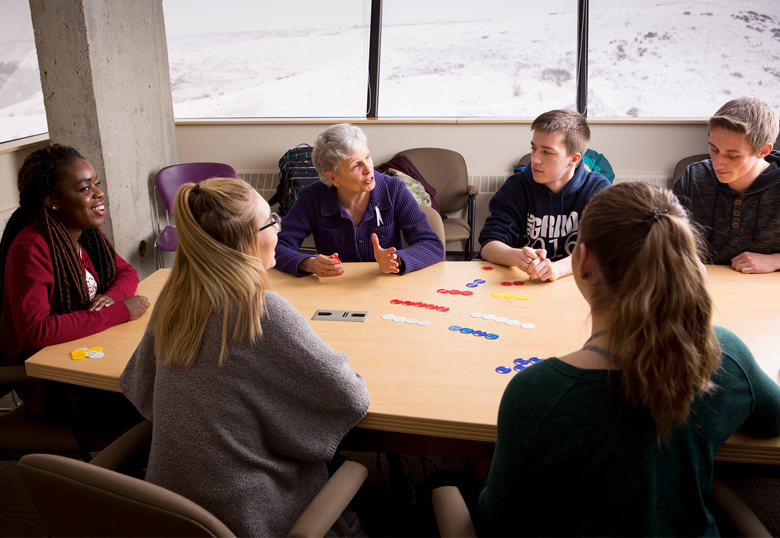Solving complex problems facing the world today takes the expertise of professionals who can think critically and broadly. The Ebola outbreak of 2014-2015, for example, came under control with the involvement of not only doctors and nurses, but also scientists, researchers, developers, policy makers and an anthropologist who knew cultural beliefs about the dead were helping spread the virus.
The response to the Ebola outbreak illustrates a liberal education approach and the need for workers to have broad skills and knowledge and an ability to apply them to problems like Ebola and global warming, the Zika virus, feeding the world’s population, poverty and the lack of drinking water.

Liberal education can be defined as an education that provides breadth across disciplines, the ability to connect and integrate knowledge across disciplines, the opportunity to learn critical thinking and problem-solving skills, and civic engagement. Students with a grounding in liberal education, which incorporates liberal arts and the sciences, are better prepared to solve problems in the 21st century and to succeed in future careers.
Fifty years ago, the University of Lethbridge adopted liberal education as its primary philosophy for teaching and learning. Concerned that the focus had narrowed to only requiring students to take courses from several disciplines, Dr. Andy Hakin, vice-president (Academic) and provost, called for a review of liberal education in 2014. The review has resulted in the establishment of a School of Liberal Education, a decision approved by the U of L Board of Governors on April 13.
“The School of Liberal Education will create a solid organizational structure to ensure our students and communities benefit the most from our teaching, learning and research,” says Hakin. “The development of a School celebrates our University’s founding philosophy for teaching and learning adopted 50 years ago.”
“It’s wonderful and I think it’s a very natural evolution of the last three or four years’ work on liberal education and of the University’s development and history,” says Dr. Shelly Wismath, a professor and leader of the Liberal Education Revitalization Team. “It’s time we came back to the more philosophical approach to liberal education. It’s very timely; we need critical thinking and evidence-based reasoning now more than ever to address complex issues in the world.”

“A big part of this is educating our students and our communities that, at university, you learn to think carefully and well about all the important issues of our time,” she says.
The School will officially come into being on July 1 and its primary responsibility will be to deliver liberal education programming and teaching. As a formal school, other opportunities can also be explored, such as promoting liberal education to faculty, students and community members, offering dual credit courses to high school students, offering critical thinking workshops and facilitating teaching and research connections across campus.
